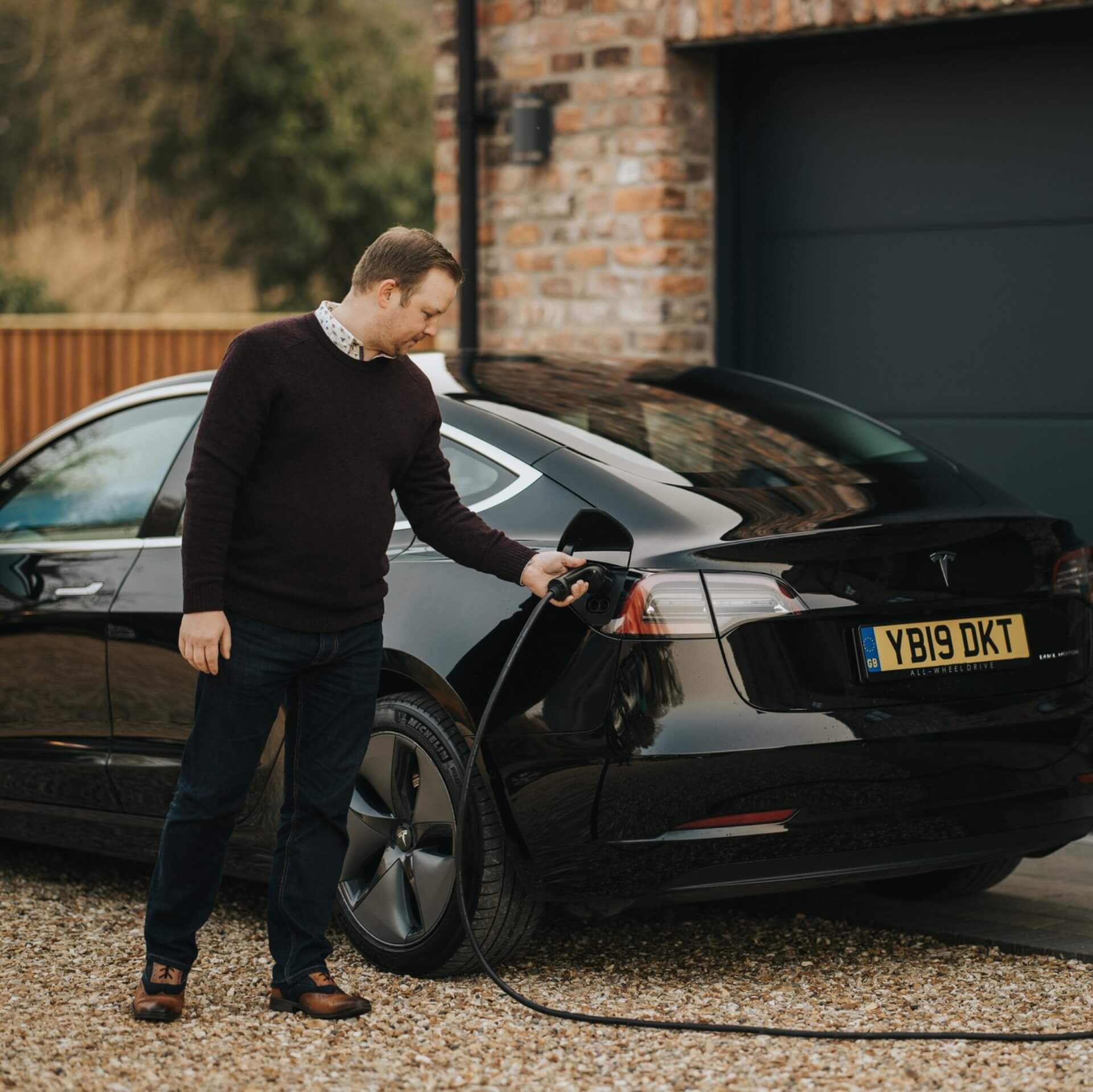How much does it cost to charge an electric car?
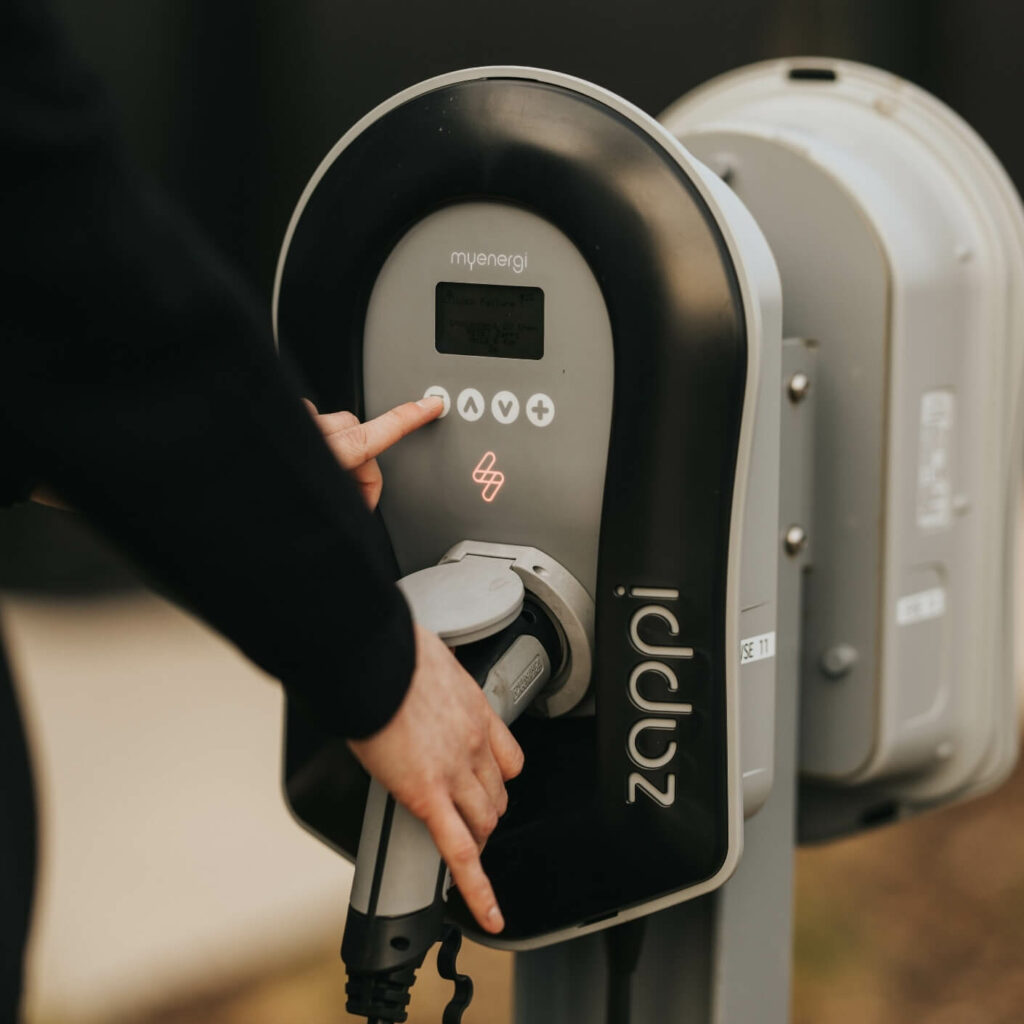
How much does it cost to charge an electric car? The myths debunked
The cost of charging any electric vehicle is dependent on numerous factors, some of which are continually fluctuating, which makes answering this question more complex than simply answering with a dead certain number.
Some of the key factors involved in determining the cost of charging an electric car, are vehicle battery size, vehicle weight and the type of charger used i.e. home or public chargers.
It’s also dependent on a households particular energy tariff and whether energy is used efficiently.
The difference in electric vehicle battery sizes
Based on our selection of 40 of the best selling electric vehicles available right now, 54kWh is the closest representation of the current average battery size. However, it is worth noting another top 40 list of vehicles might generate a slightly different result.
Information available online generally focuses on a 60kWh battery. So when typing “how much does it cost to charge an electric car” into Google, the results will be subjective to that particular size of battery.
Battery sizes actually range from the popular Tesla Model 3 which sits at the higher end of the battery scale, boasting a 75kWh battery option right down to the Smart EQ Fortwo city car which has a smaller 17.5kWh.
Therefore the cost of charging your Tesla, compared to Smart EQ would be vastly different.
What factors affect the cost of charging an electric car?

How much does it cost to run an electric car?
Based on 54kWh, the average cost to fully charge an electric car from empty to full is around $14.44 whilst the average monthly cost to keep an EV charged would be around $57.39.
This data is based on fully charging your EV once per week at home. Another advantage is that EV’s are also exempt from paying Road Tax and significantly cheaper to maintain.
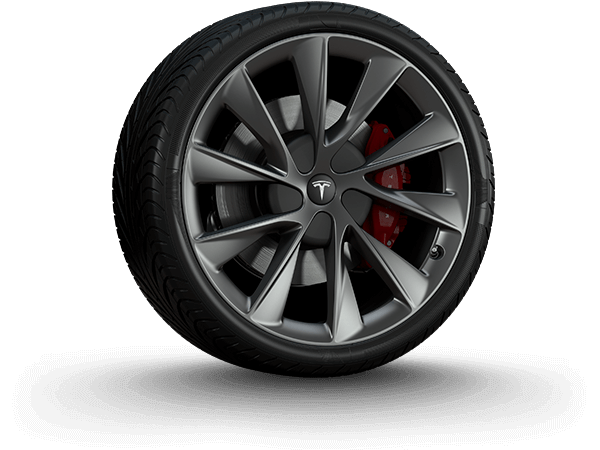
Are electric cars cheaper to maintain?
It is widely recognised that electric cars are cheaper to maintain because there are significantly less mechanical moving parts that are susceptible to wear and tear. Battery energy is not only clean by name but clean by nature, with no more oil spills, engine leakage, injectors or filters clogging up.
The most expensive part of an EV to replace would be the battery, however most manufacturers offer lengthy warranties of up to 10 years on their batteries. EV’s on a whole are far less complex than their predecessor the combustion engine. However, the general mechanics such as wheels, steering wheels and brakes still need servicing and maintaining.
Equally, safety features of an electric vehicle still need checking annually in the form of an MOT test, for which the vehicle is required to pass to be legally on the road.
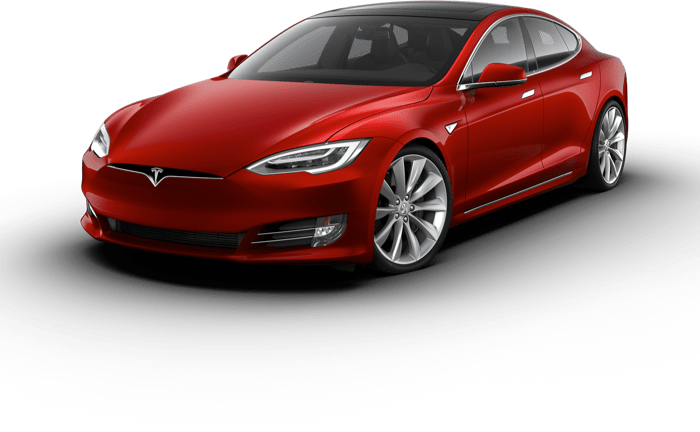
Can I save money with an EV?
EV’s are considered far cheaper than fossil fuel vehicles and EV owners can expect to save an average of $106.41 per month on fuel savings alone, which is a total average fuel saving of $1,277 per year.
It’s also handy to know, electric vehicles don’t require an oil & filter change during their service, which costs on average another $185.14 a year. That’s a $1,462.18 saving by removing the fossil-based components and elements of the combustion engine vehicle.
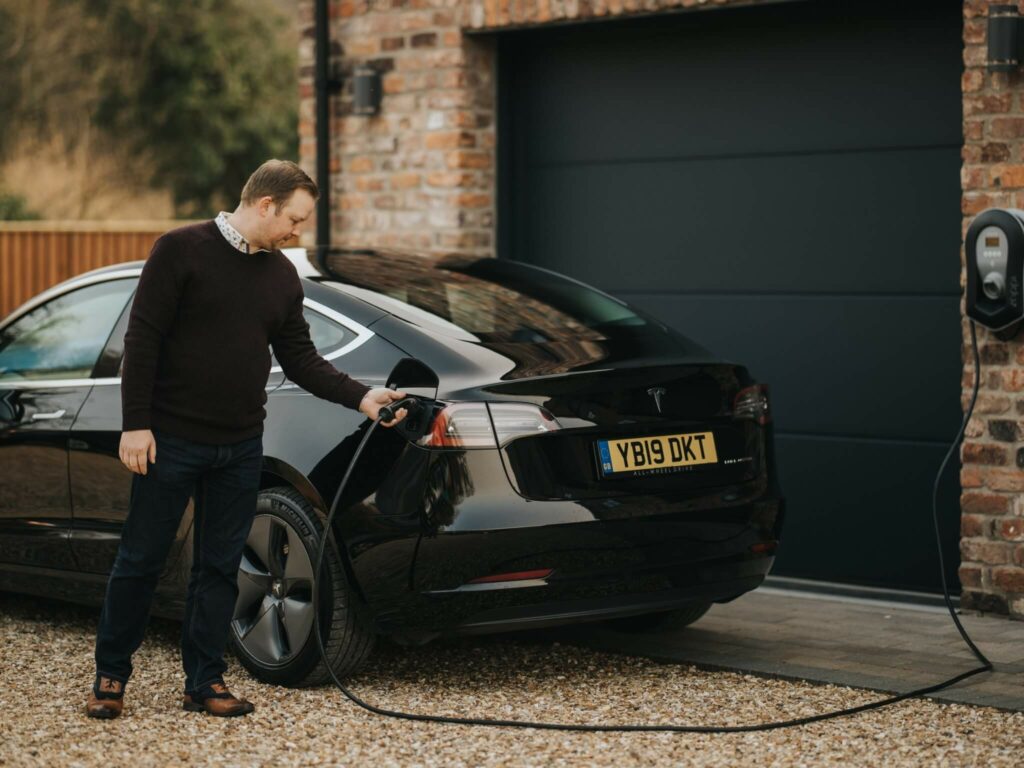
How much does it cost to charge an electric car at home?
Charging your electric vehicle at home is the easiest and most cost effective way to charge. Most electric vehicle owners make plugging in their vehicles, as automatic as unlocking the doors when arriving home, where the vehicle would always be plugged in if not in use. Therefore, it is most common for vehicle drivers to charge at home in the evening or through the night, as people arrive home from work.
Dependent on the amount of battery used throughout the day, in most cases the charge will simply top up to full capacity. The cost to fully charge the battery from near empty (which is the equivalent of running to a petrol station on an empty tank) would be between $14.44 (average) – $15.74 .
However these daily, monthly costs could be much lower if you where utilising time of use tariff options and green energy solutions. It’s been known whereby customers are actually paid to their charge vehicles, when there is so much surplus energy on the grid!
What is the cheapest way to charge an EV?
There are a number of ways in which you could make sure you are charging for the best prices. Firstly, look at your current energy provider and check whether you are on the right tariff agreement for you. Many home owners accept the first and cheapest standard tariff quotation they receive, however standard tariffs are not always the most effective, dependent on the needs of your household.
This is especially true for EV drivers who could be utilises new initiatives such as flexible tariffs / time of use tariffs. They work by offering customers far lower prices during off peak periods such as throughout the night and early hours. This also happens to be the most likely time you are charging your EV.
To best utilise these tariffs and to enable you to make sure your charger only charges when the electricity prices are at there lowest, we’d recommend selecting an eco smart charger such as the zappi and a hub which enables you to utilise these tariffs properly.
In order to really control and begin to utilise these tariffs, we’d recommend creating a myenergi account, where users can use the advanced tools and features to physically set automation rules and parameters to ensure the vehicle is always charging at the cheapest prices, thus, making the cost to charge an electric car even cheaper!
It is widely recognised that electric cars are cheaper to maintain because there are significantly less mechanical moving parts that are susceptible to wear and tear. Battery energy is not only clean by name but clean by nature, with no more oil spills, engine leakage, injectors or filters clogging up.
The most expensive part of an EV to replace would be the battery, however most manufacturers offer lengthy warranties of up to 10 years on their batteries. EV’s on a whole are far less complex than their predecessor the combustion engine.
The general mechanics such as wheels, steering wheels and brakes still need servicing and maintaining. Equally, safety features of an electric vehicle still need checking annually in the form of an MOT test, for which the vehicle is required to pass to be legally on the road.
